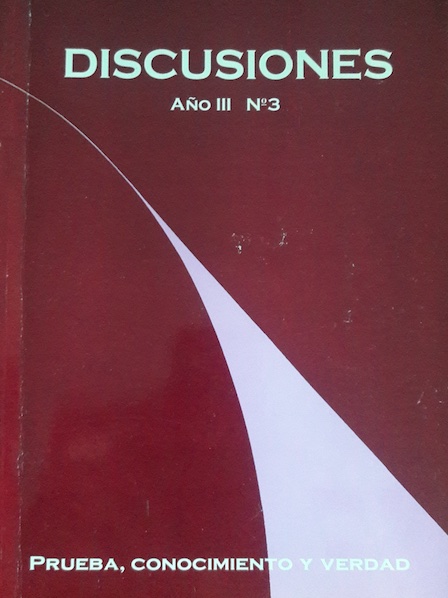Truth and Evidence in Adversarial Process
DOI:
https://doi.org/10.52292/j.dsc.2003.2405Keywords:
Normative Justification, Individual Norm, Judicial Decision, Institutional Role, Epistemic RoleAbstract
In this paper, we will assume that the criminal trial aims at determining the truth of the facts. On that basis, we will deal with some relevant distinctions, namely, the distinction between the normative justification of an individual norm -which is the conclusion of a judicial decision- and the normative justification of the action of the judge to decide the case in a certain sense; and the distinction between the notions of evidence and truth. These distinctions –basically coinciding with the ideas presented by Taruffo- will allow us to establish the conceptual framework from which we will propose some discrepancies with the ideas presented by the author and which are linked to the roles -institutional and epistemic- of judges in criminal trials.
Downloads
Downloads
Published
How to Cite
Issue
Section
License
Discusiones does not withhold rights of reproduction or copyright. Consequently, authors may share the final versions of publications.


